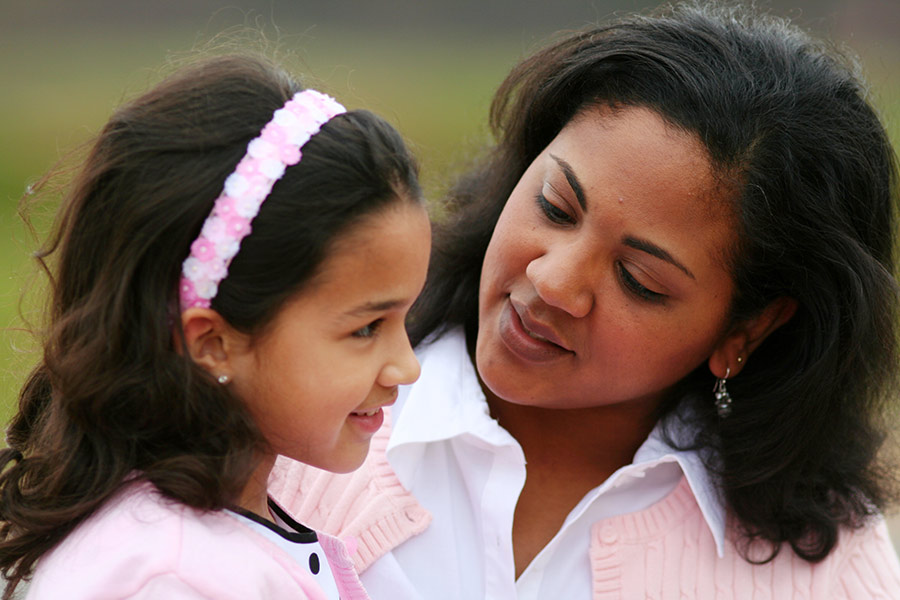Tips for Teachers
Making an Apology - Acknowledging a Mistake

Sometimes professional educators are reluctant to consider actually making an apology to their students, as it may seem that they are somehow acknowledging their own failure or making themselves seem less of an effective authority, or even a competent professional. My view is that apologizing to children has the potential to convey the exact opposite.
Truly confident and competent teachers are reflective about their work. They recognize that in every interaction with a child, there are at least two parts to the puzzle... what the child does, and how the teacher responds, or what the teacher may have done that could have contributed to the child’s behavior. Therefore, recognizing that one was having a bad day, or was too impatient, or was too harsh, or didn’t take the time to think about what the child may have needed, is the sign of excellent professionalism.
One of the great things about teaching is that there are so many opportunities to improve... each day is truly a new day. Saying to a child, “You know, I was thinking about yesterday when I spoke to you about using gentle hands” (or turning in your assignments, or interrupting your fellow classmates, whatever the behavior might have been), “and I realize that I did not use a kind voice with you. I was very angry about... I was a bit crabby myself... I didn’t realize how frustrated you felt...” (or whatever was going on for the child), “And I should not have talked with you in that way, it wasn’t polite, and I am sorry. That is something that I will work harder on in the future. You need to work on using gentle hands, and I need to work on using kinder words when I speak with you.”
This kind of interaction can go a long way towards healing resentments and encouraging better behavior on the part of children, who see that you’re willing to work on stuff, too.
Parents
Parents also worry about losing their authority if they apologize to their children. While apologies are not an excuse for poor parenting interventions, occasionally acknowledging our mistakes, as we follow through on our intention to do better, can be very healing. It also sets a model for teaching children how to reflect on their behavior and apologize themselves when appropriate.
This kind of modeling is much more effective than forcing children to apologize when they have committed a wrong, which only teaches them to become hypocrites. If a child is not truly sorry, then forcing him/her to say those words is meaningless.
If children see that their parents think about their own actions and words with their children, and are willing to apologize when they have been wrong, this can go a long way towards supporting children to take responsibility for their actions as well. The intent of a specific parental apology, however, should not be to get an apology from the child at that time.
Using the words, “I thought about what happened yesterday when you spilled the juice at dinner, and even though I was frustrated by the mess I should not have yelled at you like I did, as I know it was an accident and I’m sorry for that” is very validating for children. It shows that you think about them even when you’re not with them, which is important, and it shows that you can reflect on and take responsibility for your own overreactions. If it’s a behavior pattern you’d like to see your child change, you can add, “You do need to work on being more careful when you pour,” along with “I will work on not overreacting and yelling at you, because I know that just hurts your feelings and makes you angry.” The goal of discipline is not to make children feel hurt, humiliated, or angry, it is to help them learn.
Happy Spring, Everyone!
Questions or comments? call Nancy Bruski at (847) 475-1828 or post them on our contact form.
